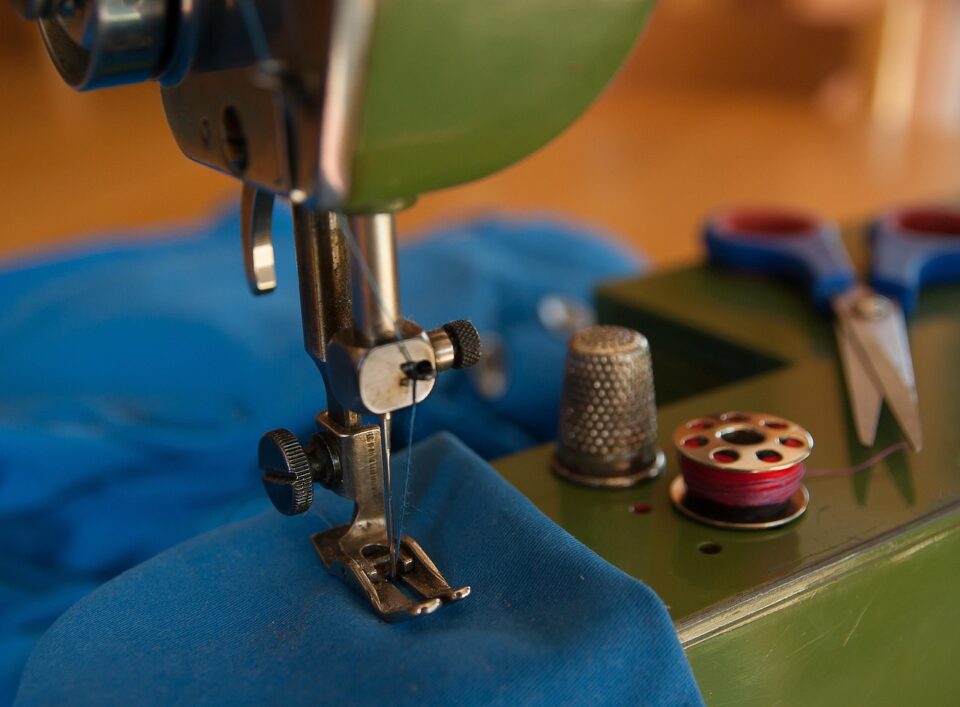… sends delegation to the US
Mohloai Mpesi
THE government has dispatched a delegation of ministers to the United States (US) to nudge the Trump administration to renew the African Growth and Opportunity Act (AGOA), which is set to expire at the end of this month.
The delegation includes the Minister of Trade, Industry and Business Development, Mokhethi Shelile; the Minister of Finance and Development Planning, Retšelisitsoe Matlanyane; and the Minister of Labour and Employment, Tšeliso Mokhosi.
The trio left the country on Sunday.
Minister of Foreign Affairs and International Relations, Lejone Mpotjoane, confirmed the mission, noting that the three ministers had been delegated to spearhead the crucial talks.
“We have a delegation of ministers that went to the US right now. They are ministers of: Finance and Development Planning; Trade, Industry and Business Development; and Labour and Employment,” Mr Mpotjoane said.
He later clarified that matters relating to AGOA should be addressed by Mr Shelile, who is the specific custodian of trade issues.
However, Mr Shelile referred this publication to the Ministry of Trade, Industry and Business Development’s spokesperson, Liahelo Nkaota.
Ms Nkaota confirmed that the delegation, led by Mr Shelile, also includes officials from the Ministry of Foreign Affairs, representatives of the Lesotho Textile Exporters Association, and trade union leaders.
“The delegation is spearheaded by the Minister of Trade to ensure that all negotiations that have been ongoing for the past two years are concluded, so that we can also update Basotho on the decision reached,” Ms Nkaota said.
“The delegation includes Mr Mokhosi because these issues involve labour, especially factory workers. We made sure all relevant stakeholders directly affected by AGOA’s expiry or renewal are represented.”
Ms Nkaota also said negotiations for an extension began two years ago, with Lesotho lobbying for a further 10 years of AGOA, rather than the usual five-year extensions.
“We have been meeting with the US government to ensure that AGOA is renewed for another 10 years because, historically, it has always been extended by five years but since 2015, we have enjoyed a 10-year extension.”
AGOA has been the cornerstone of Lesotho’s economic partnership with the United States since its inception in 2000, particularly in the textile and apparel sector.
It has enabled duty-free access to the US market, attracted investment, and created about 40 000 textile jobs at its peak.
However, this progress was disrupted when US President Donald Trump, under a state of emergency declared in April this year, introduced tariffs on various countries, in a move suspended several trade laws, including AGOA.
The Act has served as a vital instrument in facilitating duty-free access for over 1800 products from eligible sub-Saharan African countries, including Lesotho, into the US market.
In 2015, the US Congress extended AGOA to 2025, granting Lesotho and other African beneficiaries a decade of preferential trade.
The looming expiry of AGOA now coincides with the controversial imposition of steep reciprocal tariffs earlier this year, when US authorities raised duty on goods exported from Lesotho to 50 percent, later reducing them to 15 percent.
The tariff threatens to devastate Lesotho’s already fragile economy, especially its textile industry, where up to 12 000 jobs are at risk.
Local factories exporting to the US have already scaled down operations. Many companies have reduced work time for their workers with some asked to report for duty for two weeks a month on a rotational basis.
Factory owners have cautioned that unless tariffs are cut to 10 percent they will be forced to shut down because Lesotho textiles would be unable to compete with similar products from countries like Kenya which pay 10 percent.
According to Ms Nkaota, one of the priorities in the negotiations will be to secure a further reduction of the reciprocal tariff from 15 percent to 10 percent.
“The Exporters Association is also there to push for this, because even though the tariff was reduced from 50 percent, 15 percent is still high. Countries like Kenya and Madagascar pay only 10 percent,” she said.
To aggravate the situation Lesotho is comparatively disadvantaged by its geographical location, as its competitors enjoy faster and cheaper transport for their orders since they are closer to seaports, she added.
“We need to negotiate further reductions to level the playing field and secure jobs,” Ms Nkaota said.

